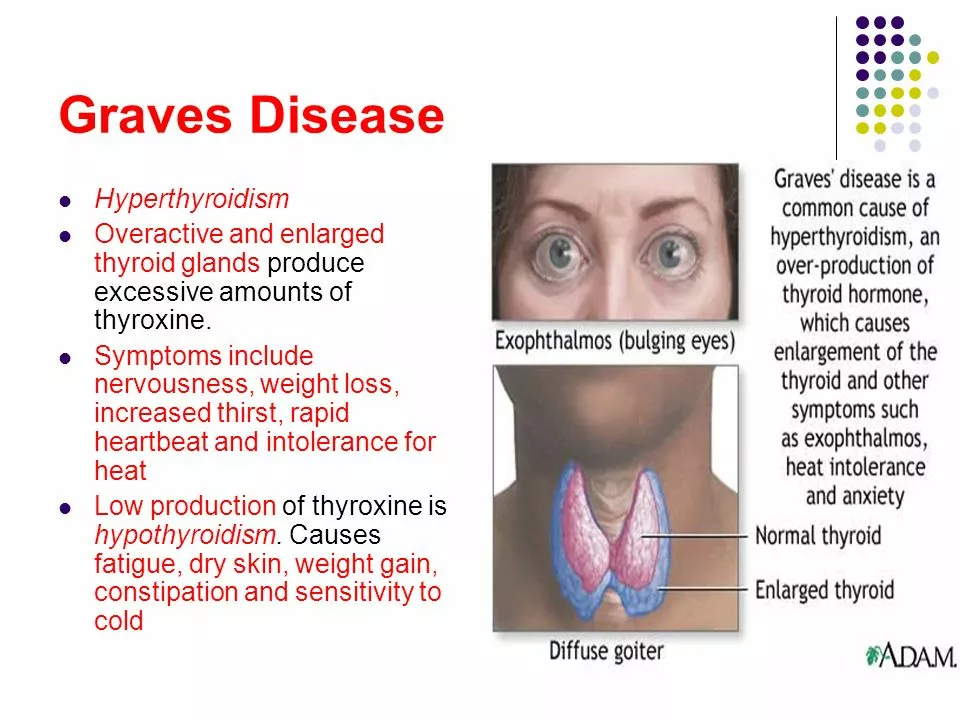Thyroid disorders: what to watch for and what to do
Your thyroid is a small gland with a big job. It helps control energy, weight, mood, body temperature, and heart rate. When it makes too little or too much hormone, you notice it fast—sometimes as subtle fatigue, other times as racing heart and anxiety.
Hypothyroidism (low thyroid) usually brings tiredness, weight gain, cold sensitivity, dry skin, constipation, slower thinking, and heavy periods. Hyperthyroidism (high thyroid) causes weight loss, fast heartbeat, sweating, shaky hands, loose stools, anxiety, and lighter or skipped periods. If you suddenly get extreme symptoms—very high fever, fast irregular heartbeat, fainting or confusion—seek emergency care. Those can be thyroid storm or myxedema coma, rare but dangerous.
How doctors check your thyroid
The simplest test is TSH (thyroid-stimulating hormone). A high TSH often signals hypothyroidism; a low TSH points to hyperthyroidism. Doctors also check free T4 and sometimes free T3. If autoimmune disease is suspected, they test thyroid antibodies (TPO, TgAb, or TRAb). Imaging like ultrasound helps if there are lumps or a large goiter. Expect repeat tests after starting or changing medicines so doses get right.
Tests are quick and useful. If you have symptoms, ask your clinician for a TSH first. If you’re on thyroid medicine, routine TSH checks are usually every 6–12 weeks after a dose change, then every 6–12 months once things are stable.
Simple treatment options
For hypothyroidism, levothyroxine is the go-to medicine. Take it on an empty stomach, 30–60 minutes before breakfast, and separate it from iron, calcium, or antacids by at least four hours. Even some supplements and soy can lower absorption. Your dose is tailored by blood tests and may change with weight, pregnancy, or other meds.
Hyperthyroidism can be treated with antithyroid drugs (like methimazole or propylthiouracil), beta-blockers for symptom relief, radioactive iodine, or surgery if needed. Each option has pros and cons—antithyroid drugs work well for many, while radioactive iodine or surgery are chosen when a long-term fix is needed or meds aren’t tolerated.
Pregnancy needs special attention: untreated thyroid problems can affect both you and the baby. If you’re planning pregnancy, pregnant, or breastfeeding, tell your doctor so they can adjust testing and doses.
Small daily steps help: keep a steady routine with meds, avoid taking levothyroxine with mineral supplements or heavy meals, and follow up regularly. Watch weight, energy, mood, and heart rate and note new symptoms early.
If you want more reading, our site has related posts on medications, treatments, and managing chronic conditions. If anything feels off, call your healthcare provider—getting the right tests and treatment usually brings relief fast.

